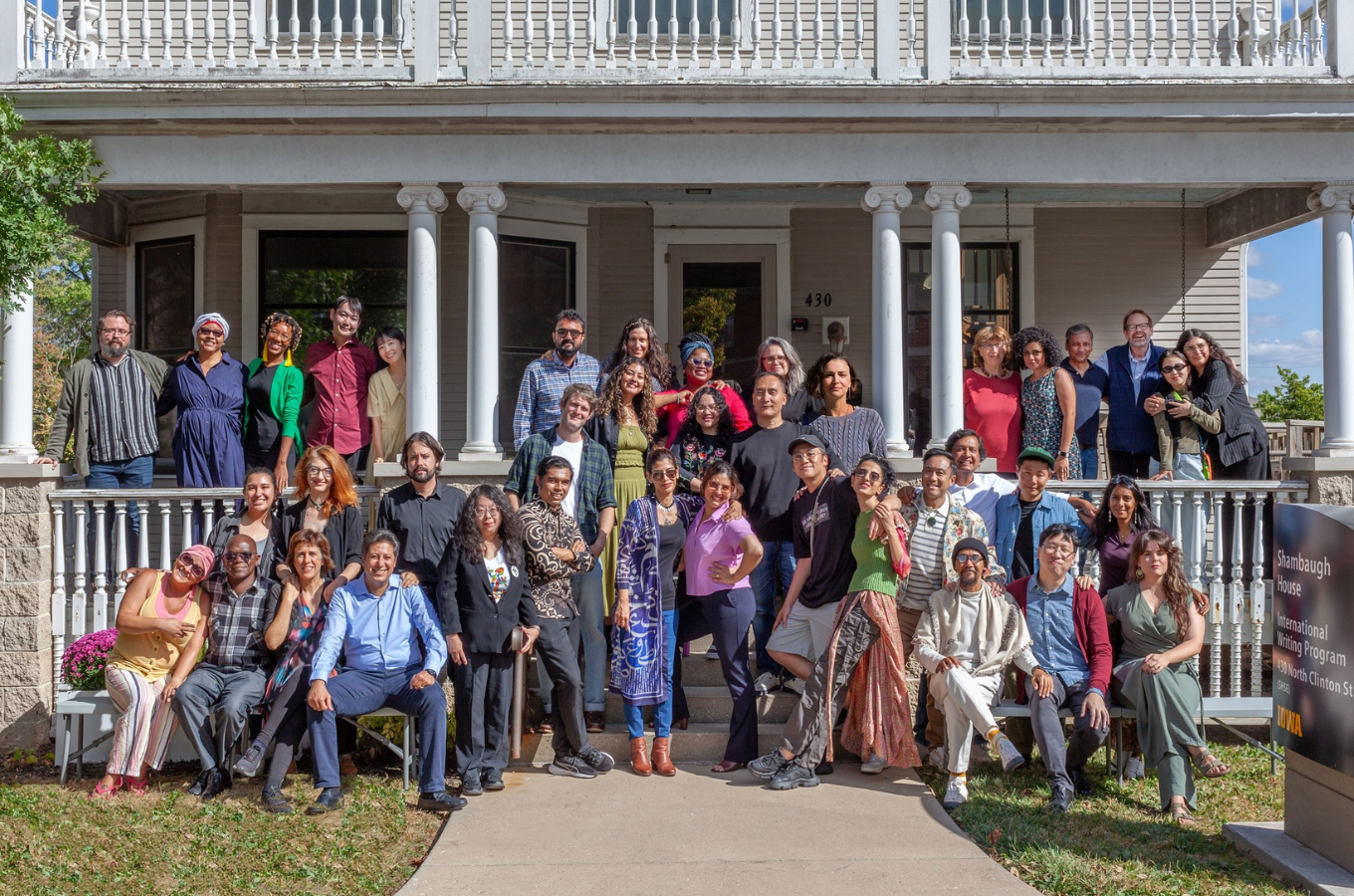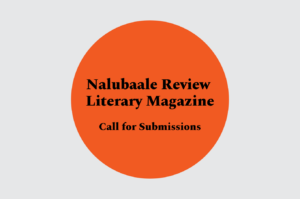
The U.S. Department of State has terminated funding to the University of Iowa’s globally renowned International Writing Program (IWP).
The IWP will lose nearly $1 million in federal funding granted through the State Department’s Bureau of Educational and Cultural Affairs. The State Department stated that the funds for the program “no longer effectuate agency priorities,” nor align “with agency priorities and national interest.”
This termination of funding is a huge blow to this very prestigious writing program which was founded in 1967 by Paul Engle and Hualing Nieh Engle, who were nominated for the Nobel Peace Prize in 1976 for the efforts towards “cultural diplomacy.” Since its founding, the IWP has hosted 1,600 writers from over 160 countries, including many African countries throughout the years.
In a press release, the IWP stated that due to this loss in funding, the program will be forced to cancel its summer youth program, dissolve distance learning courses, and discontinue the Emerging Voices Mentorship Program. The program’s annual Fall Residency also relies on government funding to support the cohort of writers. With these funding cuts, the 2025 cohort will be reduced to about half the usual number of 30 writers.
Throughout its history, the IWP has been a crucial site for African authors to gain recognition on an international stage. The program has supported the careers of legendary African literary figures such as Cameroon playwright Victor Elame Musinga (1987), Nigerian writer Amos Tutuola (1983), and Botswanese writer Bessie Head (1977). More recent alumni include Nigerian writers Ogochukwu Promise (2011) and Helon Habila (2004, 2021), as well as Kenyan/Tanzanian author Yvonne Owour Adhiambo (2005) and South African/Zimbabwean author Panashe Chigumadzi (2017). The reduction of the program’s numbers and activities will have an impact on the opportunities available to African writers to participate in global literary communities.
This termination of grant awards comes as part of a series of funding cuts enacted by the current U.S. administration that target everything from public education to medical research to national parks. These funding cuts also have an impact on the international scale, made most obvious by the drastic reduction in USAID for American humanitarian support abroad. The targeting of IWP signals a concerning trend of pulling federal support from “internationally minded” and humanities programs.
IWP Director Christopher Merrill shared an optimistic message in response to the funding withdrawal
Sometimes it takes the possibility of losing something to appreciate what you have. We hope to take this chance to build new connections with local and international communities, as we have done for nearly six decades now, and strengthen the bonds we have.
We hope the IWP and programs like it continue to find ways to create opportunities for international literary exchange.









COMMENTS -
Reader Interactions